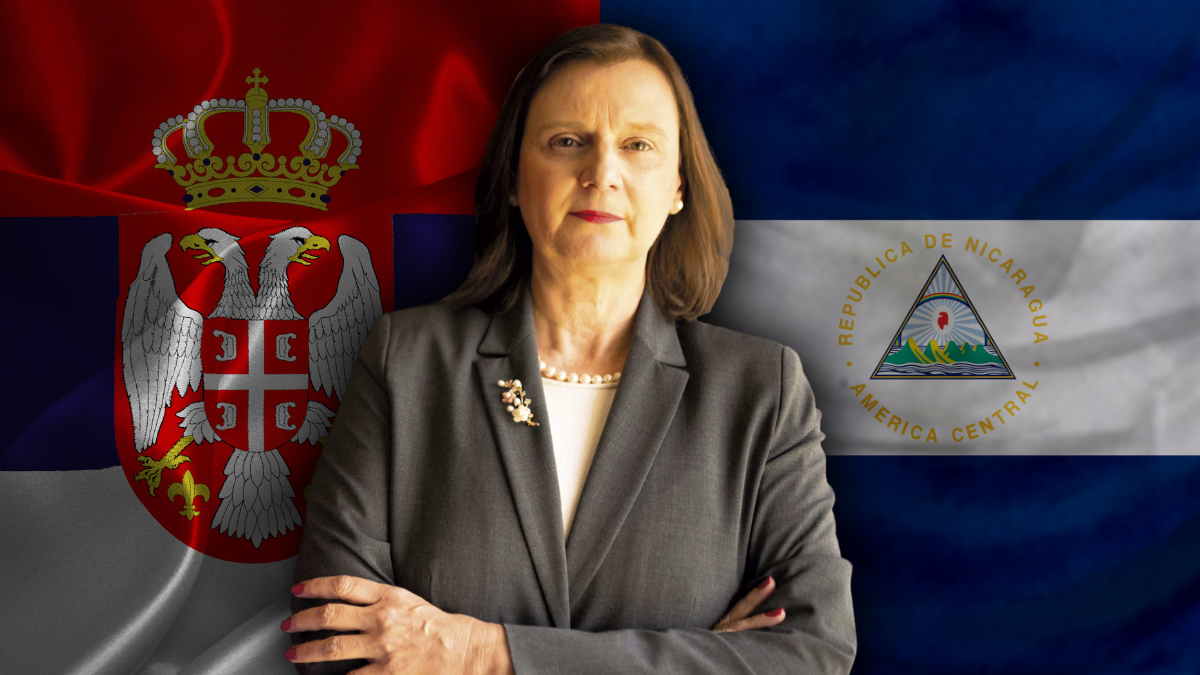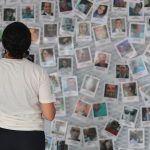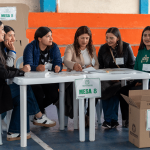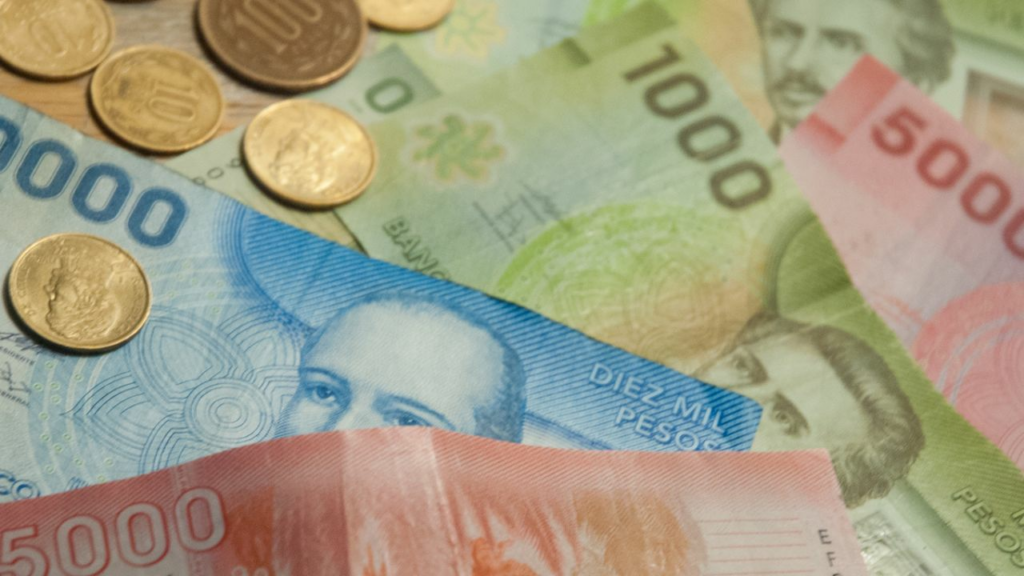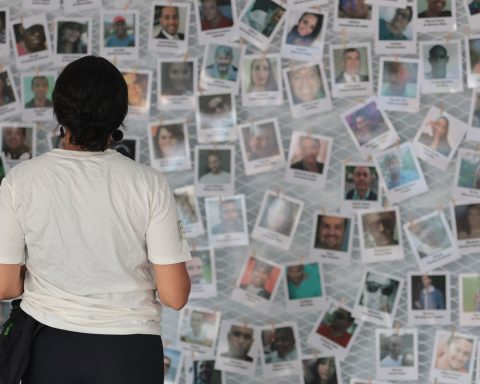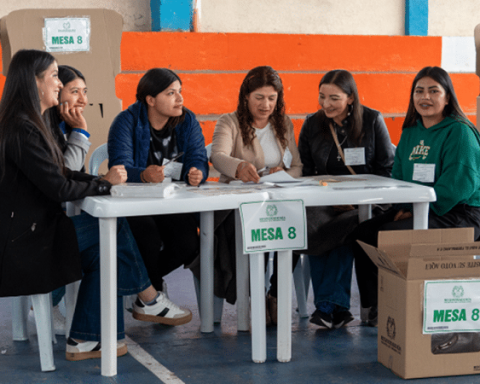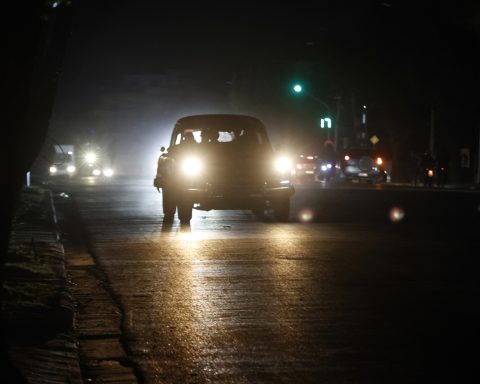As part of its search for potential allies outside Latin American territory, the regime of Daniel Ortega and Rosario Murillo received this Sunday, May 12, Tatjana Conicambassador of Serbia, a country located in southeastern Europe, to Nicaragua.
During her afternoon intervention broadcast in the official media, the vice dictator reported that as part of her visit, the foreign diplomat explored different places in the country, including the Masaya Volcano, El Coyotepe, La Barranca, Catarina, Granada and the House Museum of General Augusto C. Sandino, in Niquinohomo.
Related news: Dictator Ortega congratulates Vucic for his victory in the Serbian elections
In an attempt to show her a supporter of Sandinism, the first lady announced that Conic, in addition to participating in meetings, will go to “leave flowers” at the monument to the Heroes, located in the mausoleum of Commander Carlos Fonseca Amador.
Tonight, the European official will be part of the opening ceremony of the exhibition “Protected Areas and Biodiversity of the Republic of Serbia”, which will be held in the Crystal Hall of the Rubén Darío National Theater. This exhibition will be open to the general public until June 14.
Murillo welcomed Conic and also sent greetings to the Serbian Foreign Minister Marko Durić and to the “brother” president Aleksandar Vučić.

Tatjana Conic was born on August 20, 1964 in Leskovac, Serbia. His academic career led her to obtain a degree in Law at the University of Belgrade in 1989. She obtained a Master’s Degree in Portuguese Culture at the Chair of Portuguese Studies at the Faculty of Humanities and Social Sciences of the New University of Lisbon in 2012.
His professional experience covers a wide range of diplomatic and consular roles. Since 2020, Conic has served as extraordinary and plenipotentiary ambassador of Serbia in Mexico, concurrently for several Central American countries.
Previously, she held senior positions in the Serbian Ministry of Foreign Affairs, including Deputy Foreign Minister for Bilateral Cooperation and Director of the Asia, Australia and Pacific Directorate.
He has also represented his country in diplomatic missions in Argentina, Mexico and Switzerland. During his career he has worked in areas such as public diplomacy, domestic and foreign policy monitoring, and legal representation in companies.
Serbia is “partly free”
Although Serbia does not present a climate as repressive as that imposed by the Ortega dictatorship, the organization Freedom House considers the European nation as a “partially free” country.
Serbia is a parliamentary democracy with competitive multi-party elections, but in recent years the ruling Serbian Progressive Party (SNS) has steadily eroded political rights and civil liberties, putting pressure on independent media, the opposition politics and civil society organizations.
Related news: Sandinista dictatorship appoints Tatiana García as third embassy in Asia, she will be representative in Turkmenistan
President Vučić was re-elected for a second term in April 2022 with 58.6% of the vote in a field of eight candidates. The campaign was characterized by media bias and accusations of misuse of public resources. President Vučić’s media engagement as head of state and leader of the SNS provided him with unprecedented public exposure and lacked clear differentiation between them.
Although the number of arrests and prosecutions for corruption has increased in recent years, high-profile convictions are very rare. Critics have credibly accused Vučić and the SNS government of having links to organized crime, and nepotism, in the form of jobs provided to allies of the president and the ruling party.
